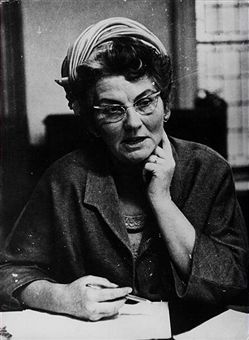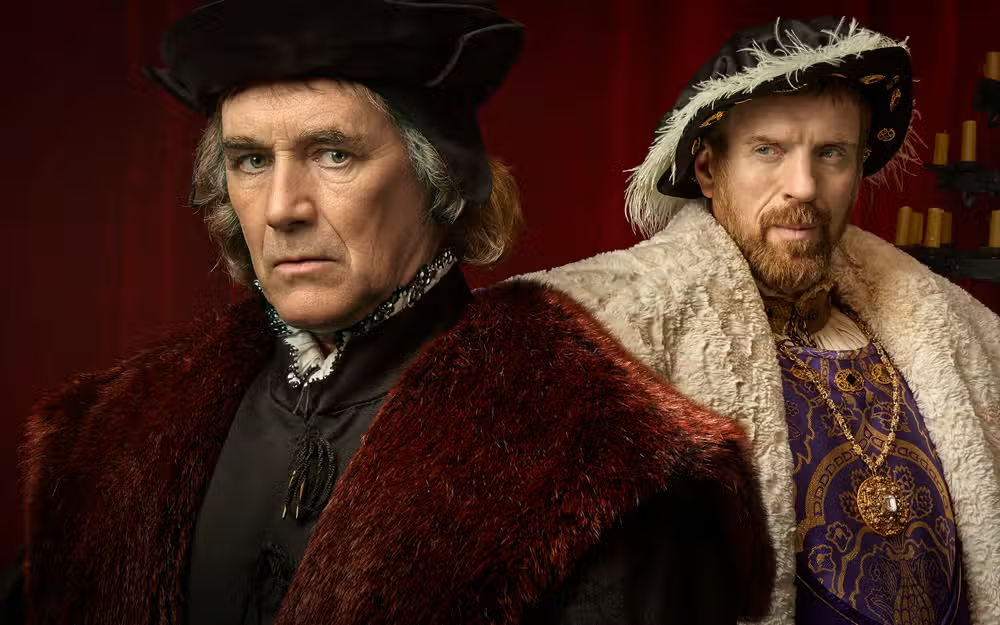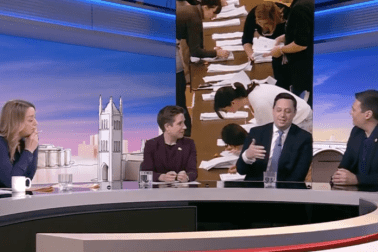 The first time I interviewed Mary Whitehouse was for the Evening Standard in 1965. She
seemed to me a narrow-minded schoolmarm, and after our encounter I wrote a teenagerish attack on her. I was thrilled by the satire boom that had been launched by That Was The Week That Was, and I
loved other shows that she opposed, such as Till Death Us Do Part.
The first time I interviewed Mary Whitehouse was for the Evening Standard in 1965. She
seemed to me a narrow-minded schoolmarm, and after our encounter I wrote a teenagerish attack on her. I was thrilled by the satire boom that had been launched by That Was The Week That Was, and I
loved other shows that she opposed, such as Till Death Us Do Part.
In the event, Charles Wintour, then the Standard’s editor, spiked my article. ‘You haven’t understood the point about Mrs Whitehouse,’ he said. ‘She’s challenged the system. She has annoyed the hell out of the Director-General of the BBC, [Hugh Carleton Greene]. But she’s got a constituency behind her and she’s making an impact.’
Charles Wintour was a Roy Jenkins liberal who supported the social changes that so dismayed Mrs Whitehouse during the 1960s – the abolition of theatre censorship, the Abortion Act of 1967, the Sexual Offences Act of 1967 (decriminalising homosexuality), and the Divorce Act of 1969.

Britain’s best politics newsletters
You get two free articles each week when you sign up to The Spectator’s emails.
Already a subscriber? Log in






Comments
Join the debate for just £1 a month
Be part of the conversation with other Spectator readers by getting your first three months for £3.
UNLOCK ACCESS Just £1 a monthAlready a subscriber? Log in